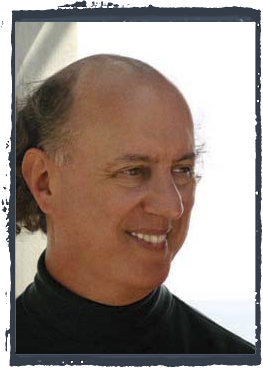“Before God and as an honest man,” said Haydn to Leopold Mozart, “I tell you that your son is the greatest composer known to me either in person or by name. He has taste and, what is more, the most profound knowledge of composition.” In saying, “what is more,” was he rating knowledge above taste? Or did he simply mean, “in addition”?
In either event, he rated knowledge highly and did not mention inventive ability or depth. Perhaps he took those for granted, or thought that Wolfgang Mozart’s having them was too obvious to need comment. I wonder about these things, as I do about Raymond Chandler saying that what interested him in writing was “the creation of emotion through dialog and description.” Note that he doesn’t say narrative.
Haydn’s personal generosity is clear, for he had been established as a composer before Mozart began writing. So when he disapproved of portions of his student Beethoven’s work—finding the parts we consider most “Beethovenian” exaggerated or tasteless—he must really not have “got” Beethoven. It wasn’t lack of generosity, but a profound difference in personality. In Beethoven, the Self is front and center; its Journey is the topic. In Haydn, the Self is implicit. This parallels the composers’ social situations: Haydn the retainer to a noble family, Beethoven in control of his own economic destiny.
Despite differences, however, the three composers had in common their regard for that “knowledge of composition” that Haydn rated so highly. Beethoven’s technical studies were life-long; and when Mozart heard Bach for the first time—long after Bach’s death—he said, “At last, someone from whom one may learn.” Geniuses aren’t just more creative than others; they’re better students, too.
